
Bitcoin: Strategies to Make Money with Bitcoin
¥24.44
Bitcoin: Strategies to Make Money with Bitcoin
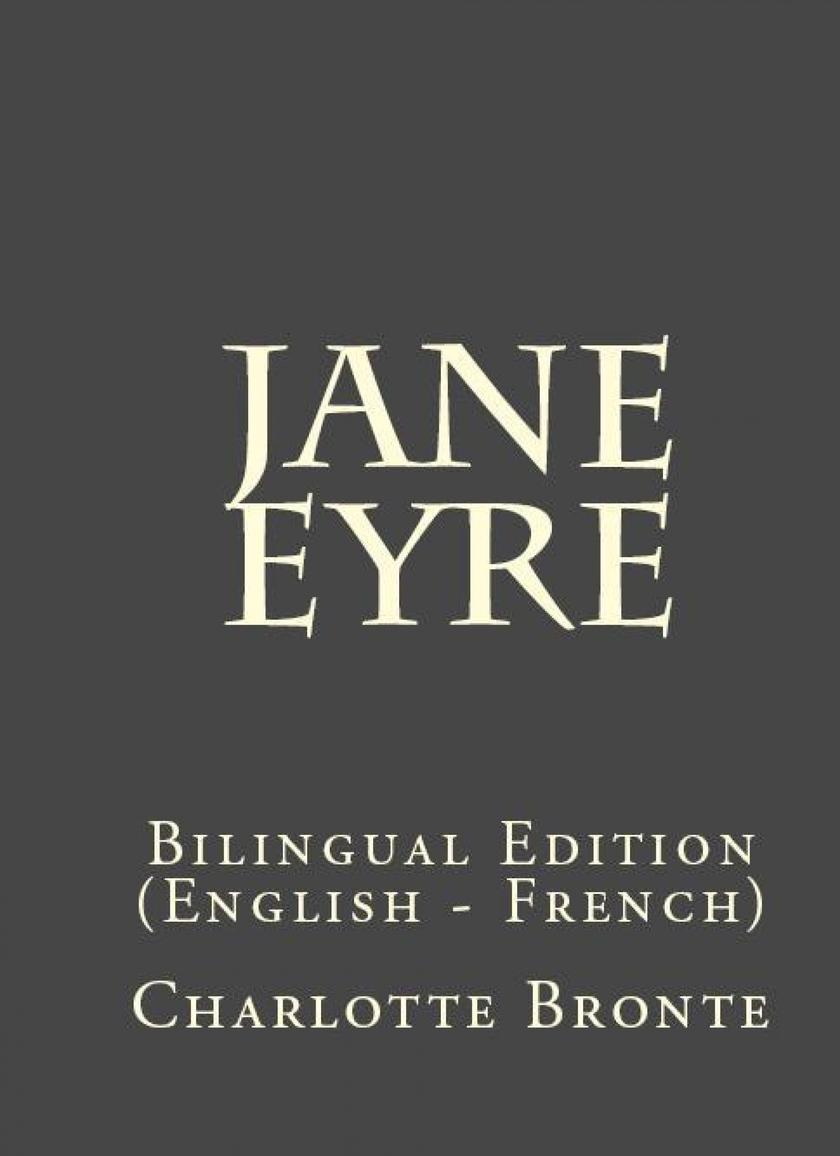
Jane Eyre: Bilingual Edition (English – French)
¥40.88
Jane Eyre: Bilingual Edition (English – French)

A History Of Local Government In London
¥51.91
A History Of Local Government In London

The American Claimant: Bilingual Edition (English – Russian)
¥40.88
The American Claimant: Bilingual Edition (English – Russian)
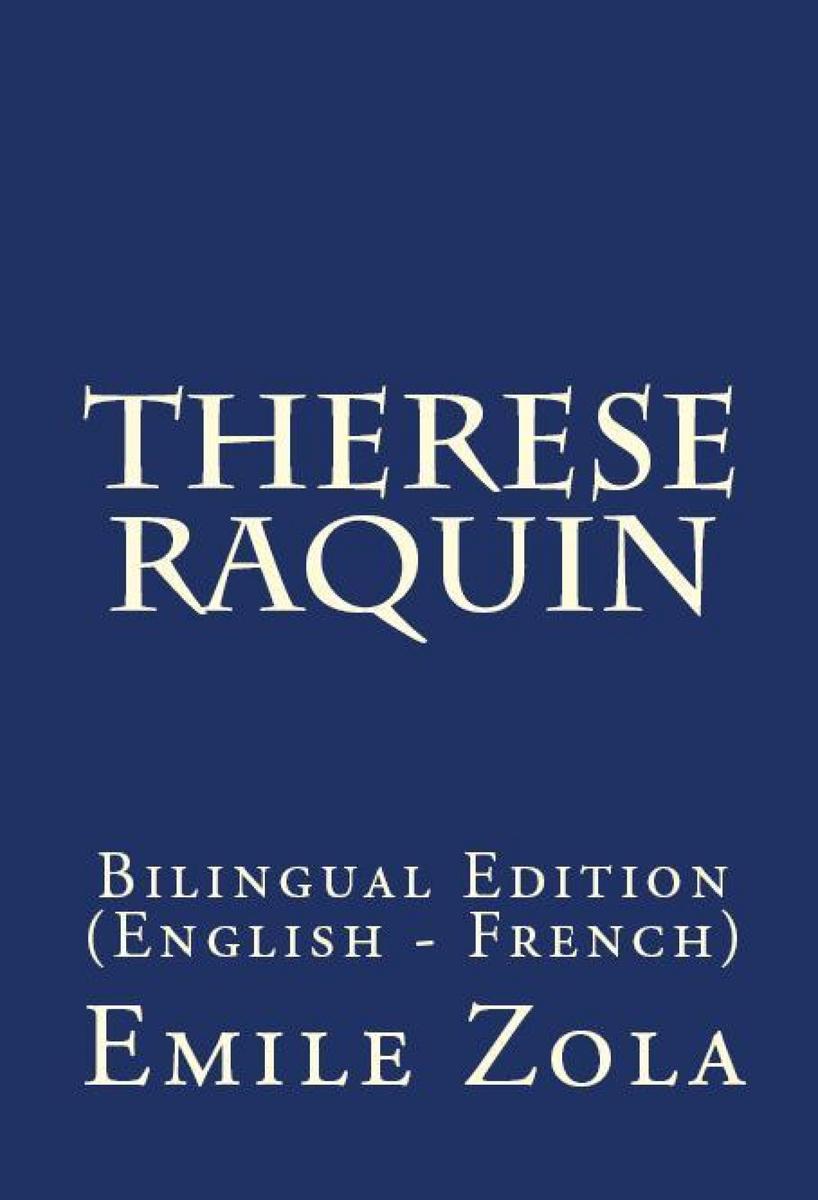
Therese Raquin: Bilingual Edition (English – French)
¥40.88
Therese Raquin: Bilingual Edition (English – French)
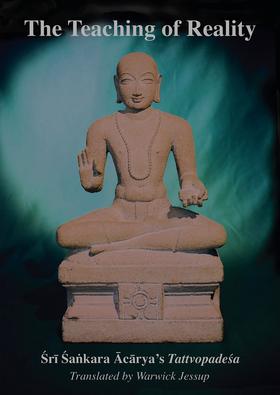
The Teaching Of Reality
¥39.51
The Teaching Of Reality
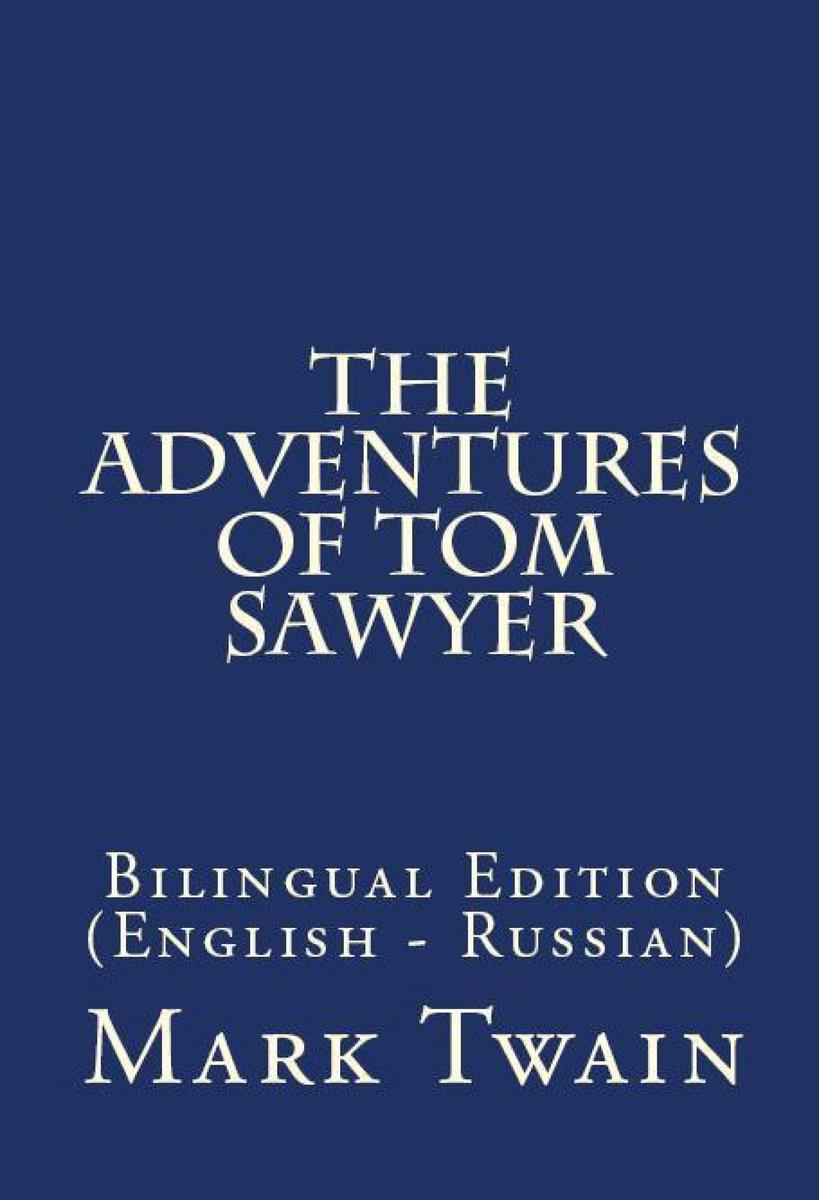
The Adventures of Tom Sawyer: Bilingual Edition (English – Russian)
¥40.88
The Adventures of Tom Sawyer: Bilingual Edition (English – Russian)

Trickle Down Mindset: The Missing Element In Your Personal Success
¥32.62
Trickle Down Mindset: The Missing Element In Your Personal Success
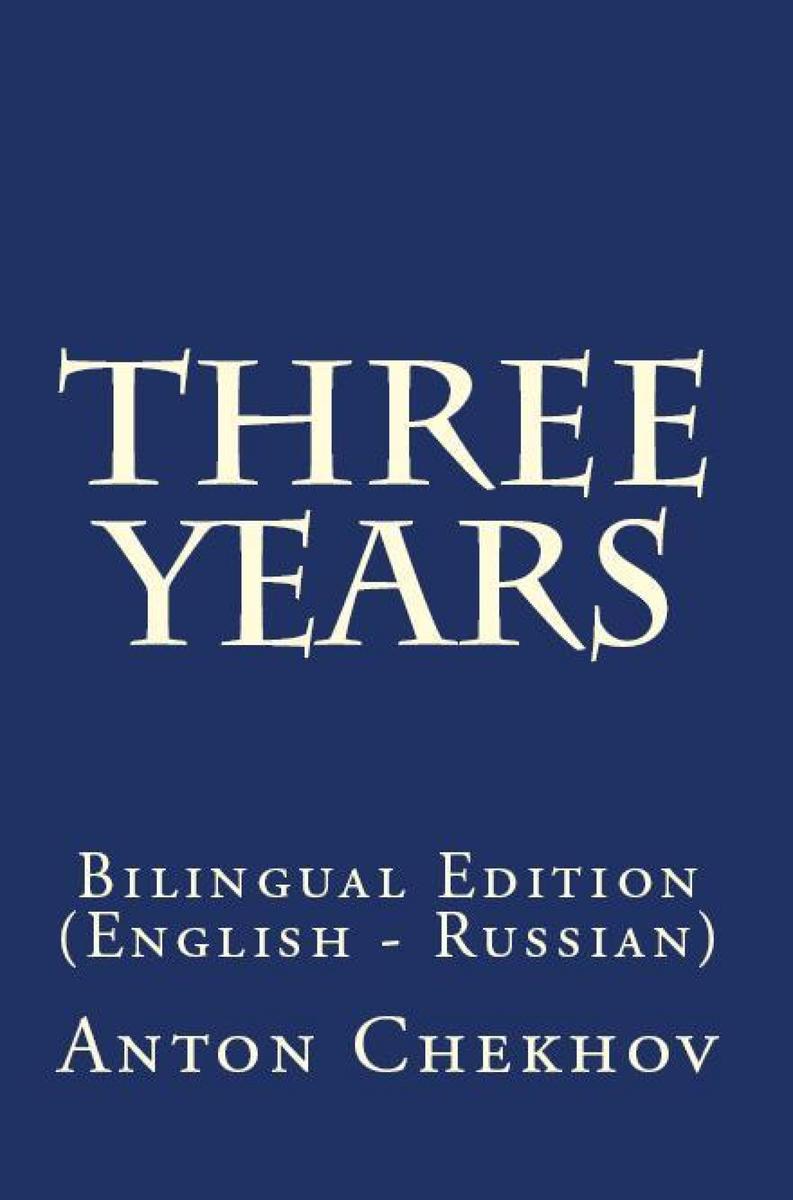
Three Years: Bilingual Edition (English – Russian)
¥40.88
Three Years: Bilingual Edition (English – Russian)
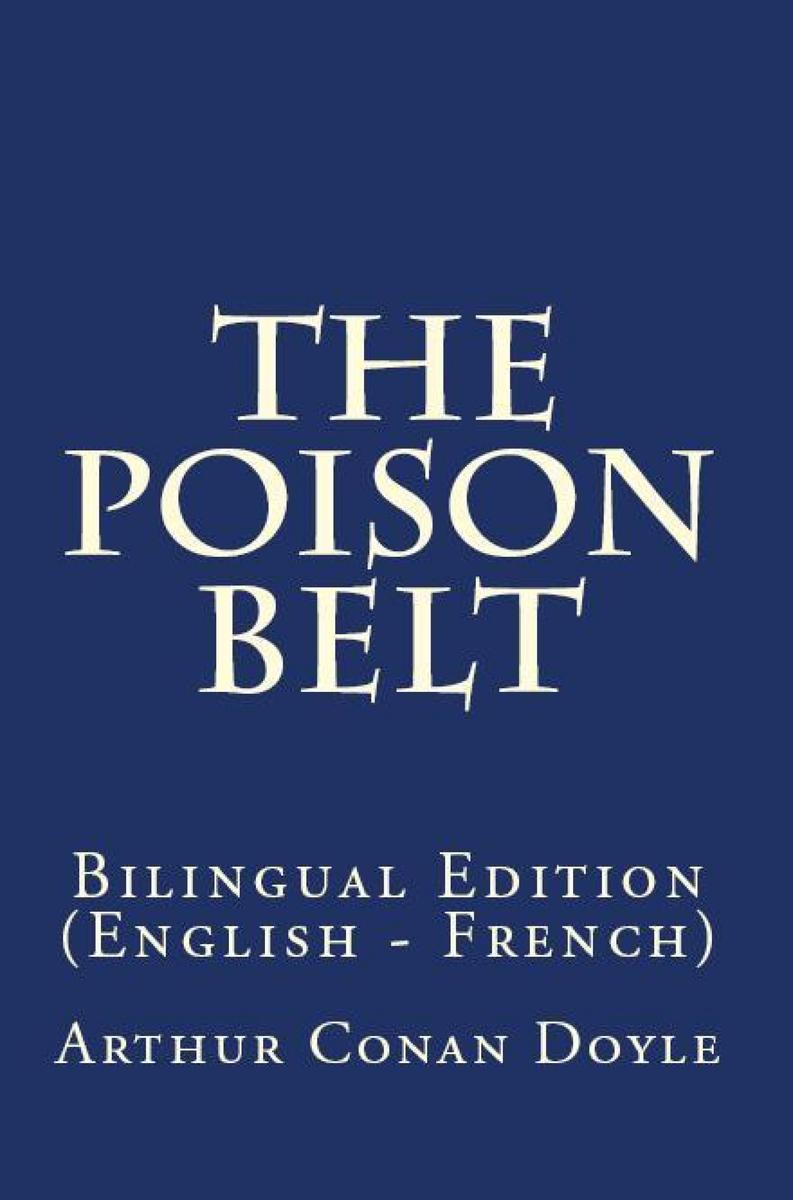
The Poison Belt: Bilingual Edition (English – French)
¥40.88
The Poison Belt: Bilingual Edition (English – French)
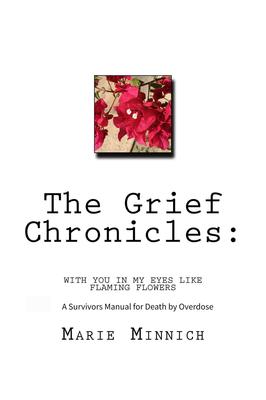
The Grief Chronicles
¥77.86
The Grief Chronicles
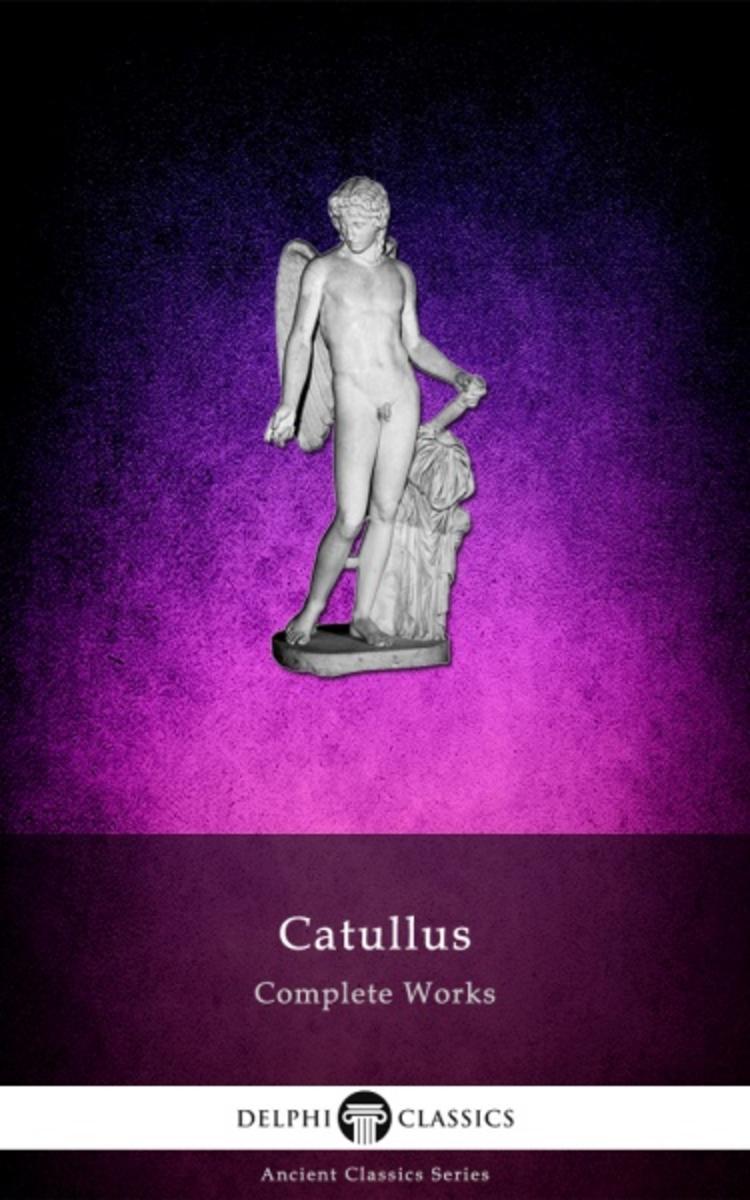
Complete Works of Catullus (Illustrated)
¥16.27
The Late Republic poet Gaius Valerius Catullus had a lasting influence on the Augustan poets Ovid, Horace and Virgil. Today, Catullus’ love poetry retains its raw power in vividly expressing the frenzy of love. Delphi’s Ancient Classics series provides eReaders with the wisdom of the Classical world, with both English translations and the original Latin texts. This comprehensive eBook presents Catullus’ complete extant works, with beautiful illustrations, informative introductions, Dual Latin and English text and the usual Delphi bonus material. (Version 1) * Beautifully illustrated with images relating to Catullus’ life and works * Features the complete extant works of Catullus, in both English translation and the original Latin * Concise introductions to the poetry and other works * Provides both verse and prose translations of the poems * Includes Francis Warre Cornish’s celebrated translation, previously appearing in the Loeb Classical Library edition – available in no other collection * Images of famous paintings that have been inspired by Catullus’ works * Excellent formatting of the texts * Easily locate the poems or sections you want to read with individual contents tables * Includes Catullus’ rare fragments, first time in digital print * Provides a special dual English and Latin text, allowing readers to compare the sections paragraph by paragraph – ideal for students * Features two bonus biographies – discover Catullus’ ancient world * Scholarly ordering of texts into chronological order and literary genres Please note: this eBook is not an update of our previous Catullus eBook, but instead an entirely new eBook, redesigned and remade with images, an introduction and different translations. We regret we are unable to offer updates for the previous Catullus eBook published in 2010. Please visit www.delphiclassics.com to browse through our range of exciting titles CONTENTS: The Translations INTRODUCTION TO THE POETRY OF CATULLUS PROSE TRANSLATION VERSE TRANSLATION The Latin Text CONTENTS OF THE LATIN TEXT The Dual Text DUAL LATIN AND ENGLISH TEXT The Biographies INTRODUCTION TO CATULLUS by Francis Warre Cornish CATULLUS by J. W. Mackail Please visit www.delphiclassics.com to browse through our range of exciting titles

Passive Income: 18 Strategies to Make 12,487$ a Month and Become Financially Fre
¥24.44
Passive Income: 18 Strategies to Make 12,487$ a Month and Become Financially Free

Salome: Bilingual Edition (English – Russian)
¥40.88
Salome: Bilingual Edition (English – Russian)

Business Marketing Network: Tips and Tricks to Maximize Profits
¥40.79
Business Marketing Network: Tips and Tricks to Maximize Profits

Mastering Creativity and Inspiration: Cures To Your Creativity Problems Revealed
¥24.44
Mastering Creativity and Inspiration: Cures To Your Creativity Problems Revealed!

101 Trava línguas
¥7.79
101 Trava línguas

Crossy Road Tips, Cheats and Strategies
¥2.13
Crossy Road Tips, Cheats and Strategies
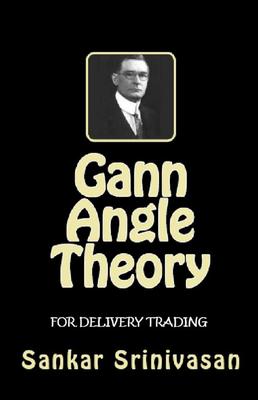
GANN Angle Theory: for Delivery Trading
¥77.86
GANN Angle Theory: for Delivery Trading
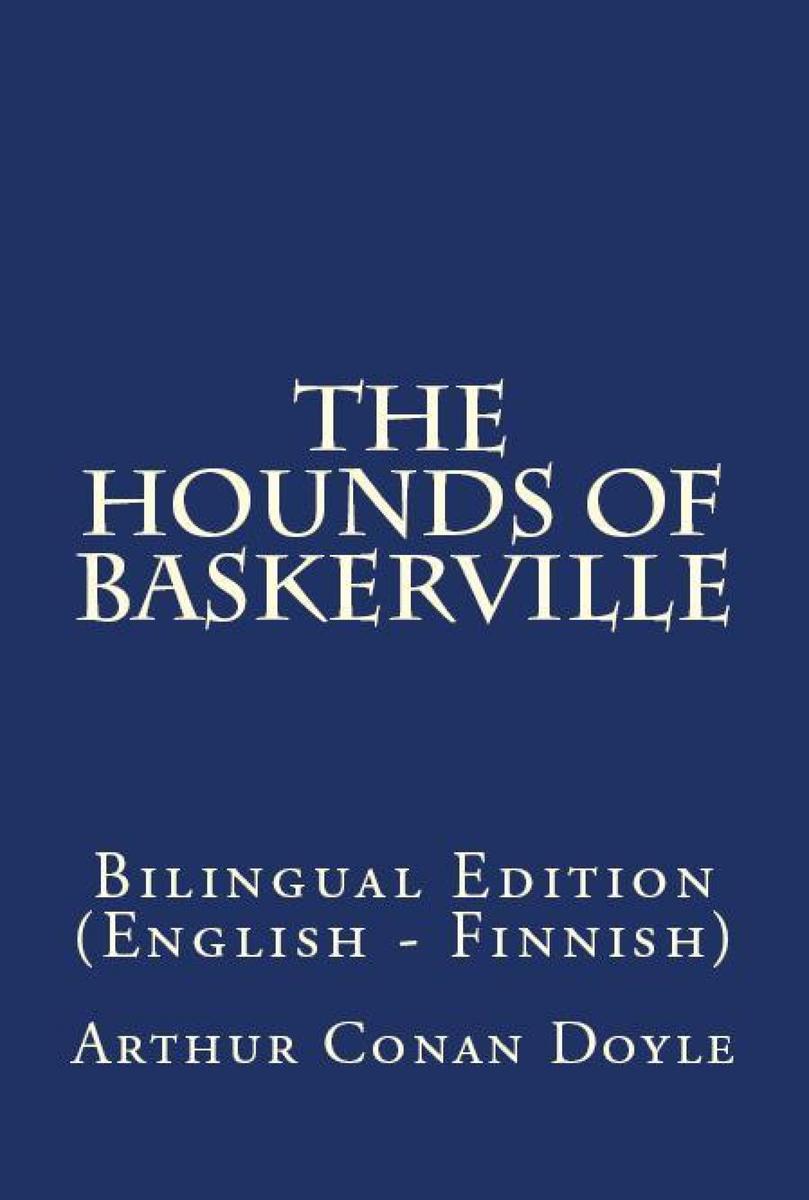
The Hound Of The Baskervilles: Bilingual Edition (English – Finnish)
¥40.88
The Hound Of The Baskervilles: Bilingual Edition (English – Finnish)
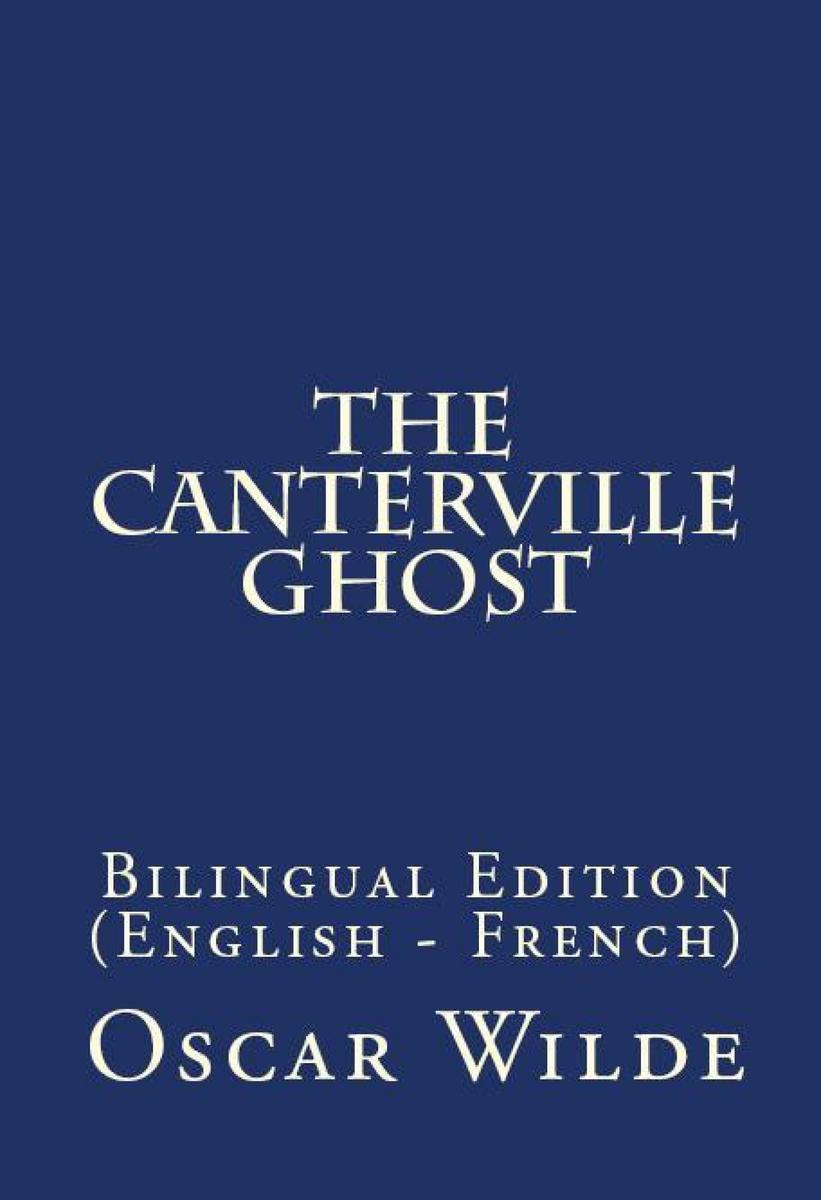
The Canterville Ghost: Bilingual Edition (English – French)
¥40.88
The Canterville Ghost: Bilingual Edition (English – French)




 购物车
购物车 个人中心
个人中心



